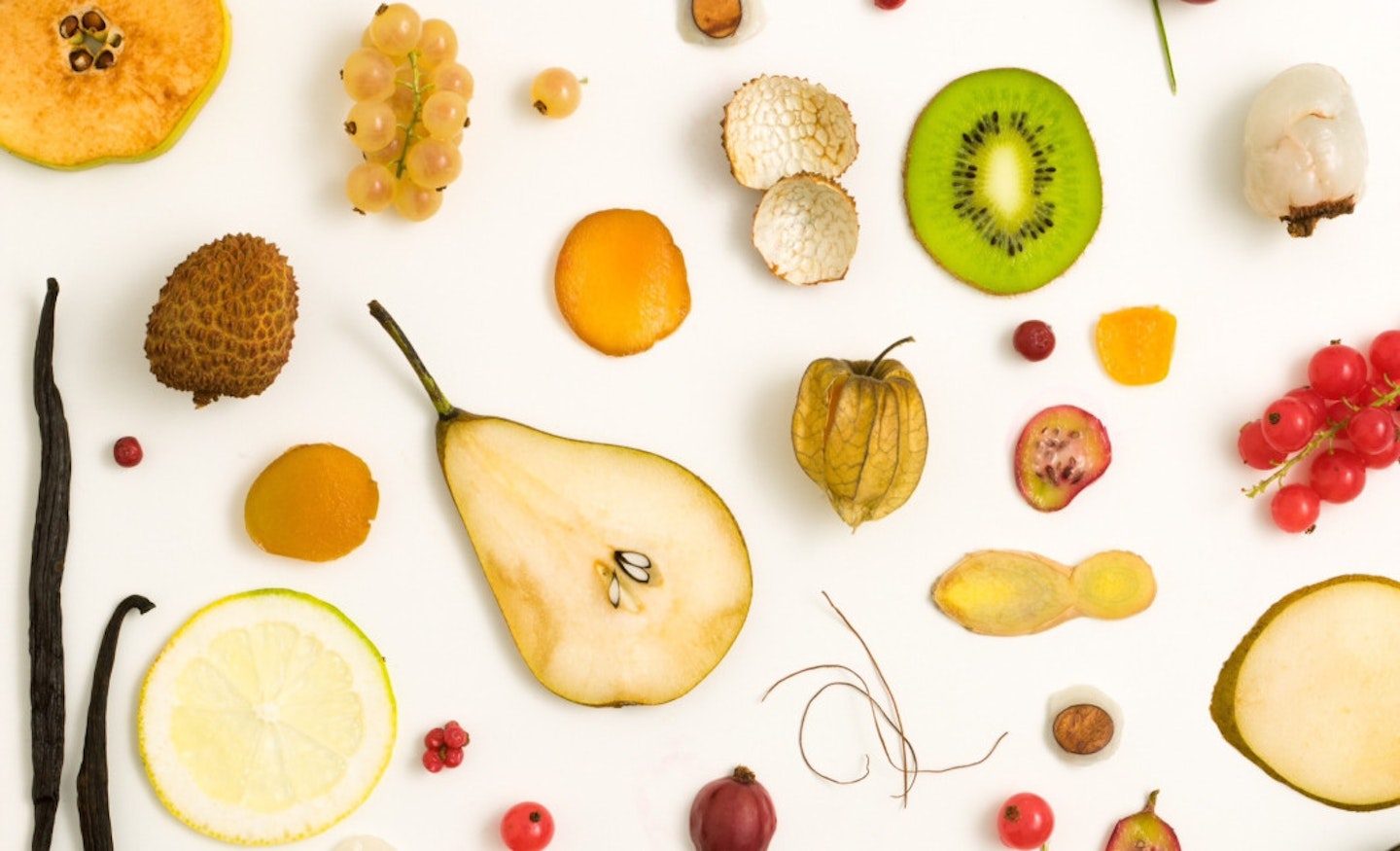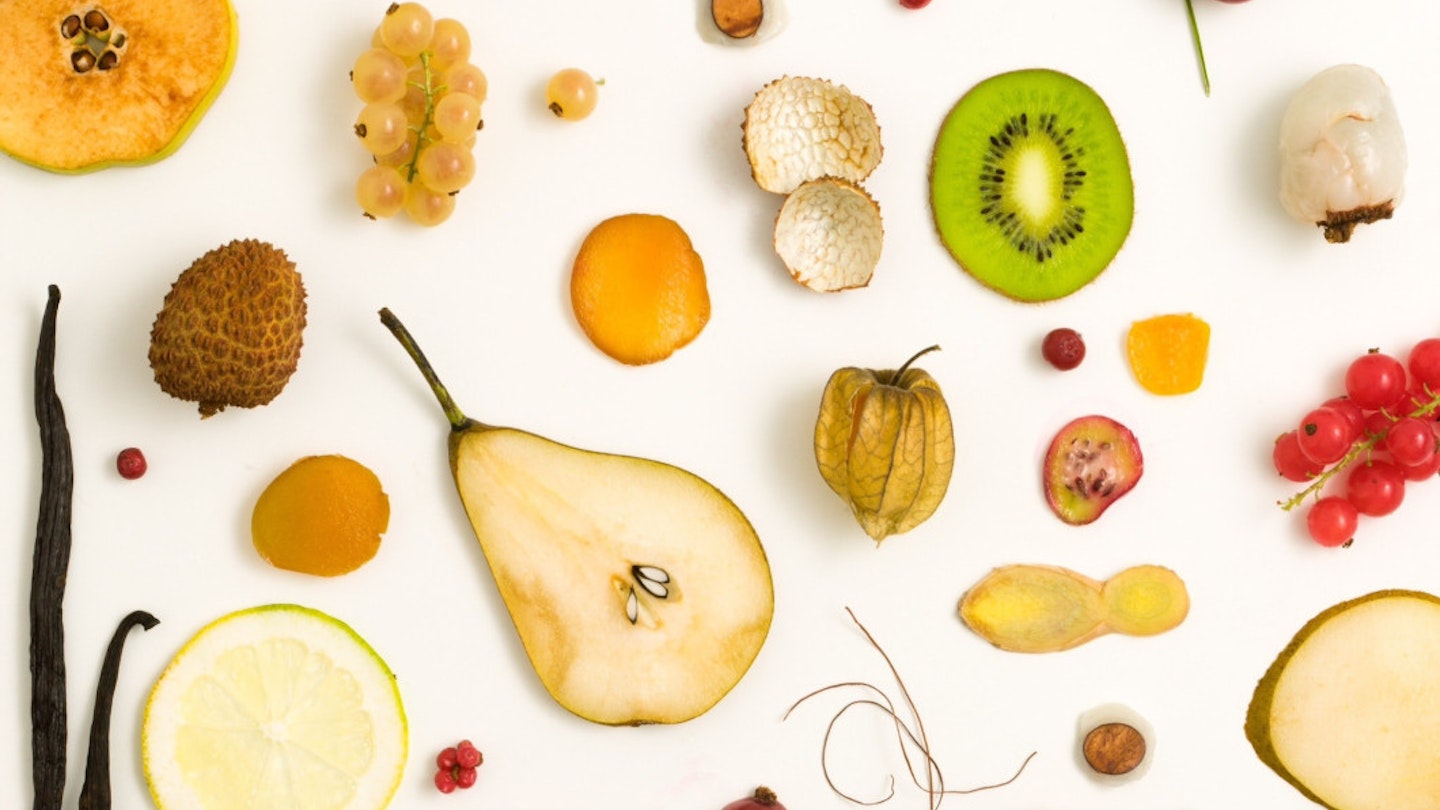
Sugar. A word that sends shivers down the spines of many, sugar has become the scapegoat for pretty much all our modern-day ailments. Bad skin? Probably eating too much sugar. Not sleeping well? Well, probably sugar. Weight gain? You know it - sugar. Heck, it probably even stole £20 from your purse when you weren't looking.
Of course, the current trend for cutting out sugar is a relatively new one. In the 80s, low-fat diets were still widely regarded as the healthiest, with many people skipping full-fat foods to go for 'light' options, such as low-fat yoghurts, which tend to be higher in sugar to make up for lost flavour.
Today, we've done a full 180, with A Listers and nutritionists alike proclaiming the benefits of 'good' fats, like avocado and nuts, and banishing refined sugar to the dietary naughty list. But just how bad is sugar? Should you be worried about your sugar intake? We put together a crib sheet to help you find out...
How much sugar is too much?
The NHS recommends that we consume no more than 25g of sugar a day. Which sounds like a lot, until you realise just how quickly you snaffle that up - and not just in sweet foods. For example, a normal tin of tomato soup can have up to 30g of sugar, pasta sauce about 30g a jar and even pizza bases are loaded with sugar, clocking in at about 30g too.
And that's before you move onto jam, chocolate, soft drinks and (sorry) - alcohol. Plus, condiments and sauces like ketchup can have as much as 23g of sugar in 100g – roughly half a teaspoon per serving. Sure, these foods are usually served in small quantities, but the sugar count can seriously add up. Now it doesn't taste so sweet after all...

How can I tell how much sugar is in my food?
Manufacturers are clever - they hide added sugar in ingredients lists under different names. Check for any of the following: corn sugar, dextrose, fructose, glucose, honey, maple syrup, agave syrup, invert sugar, isoglucose, levulose, maltose, molasses and sucrose.
The higher an ingredient is on the ingredients list, the more of it the food contains - so if it's the first line or so, it's probably high in sugar. Also, you can check for the traffic lights on the front of the packet - foods with a sugar content of 5g or less per 100g are marked with a green light.
What's the link between sugar and skin?
Now for the science bit. When you have sugar molecules in your body, they attack your cells in a process called 'glycation'. This forms 'advanced glycation end products' (or AGEs), which make the protein fibres in your skin become stiff and malformed.
The proteins that are most susceptible to glycation are the ones that make a youthful face plump and pillowy - collagen and elastin. When these guys meet with sugar, they become weak and less supple - which shows up on your skin as wrinkles and sagginess.
Sadly, the bad news doesn't stop there - the presence of AGEs also makes your skin more vulnerable to other ageing factors like UV rays and pollution, which attack your collagen and elastin even more.
Oh, and for those of you struggling with acne, sugar's often put in the crosshairs by dermatologists. The process of glycation also causes an excess of cortisol, the stress hormone, production which leads to a hormonal imbalance that upsets the skin. There's also a school of thought that believes glycation can also make your body produce more pore-clogging sebum. That Kit Kat break just got a bit less appealing...

What about fruit sugar?
We all know that the key to a healthy diet is eating plenty of fresh foods - but what does that mean for naturally sweet fruit? The bottom line is that fructose (the sugar found in fruits) is still sugar, and your body still responds to it in a similar way to refined sugars.
That being said, fruits have some amazing nutritional benefits - they're packed with potent anti-ageing antioxidants, for example - so there's no need to cut out fruit, just try and eat whole fruit rather than fruit juices because the fibre helps slow down sugar absorption.
What does sugar affect other than skin?
As your childhood dentist will have no doubt have drilled into you (excuse the pun), sugar eats away at your teeth, leading to tooth decay and gum problems. Too much sugar is also linked to weight gain, especially in the stomach area. Eating sugar creates a spike in your body's glucose levels which makes your body over-produce cortisol. This in turn triggers excess insulin production, leading to weight piling on around around your middle.
